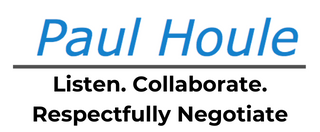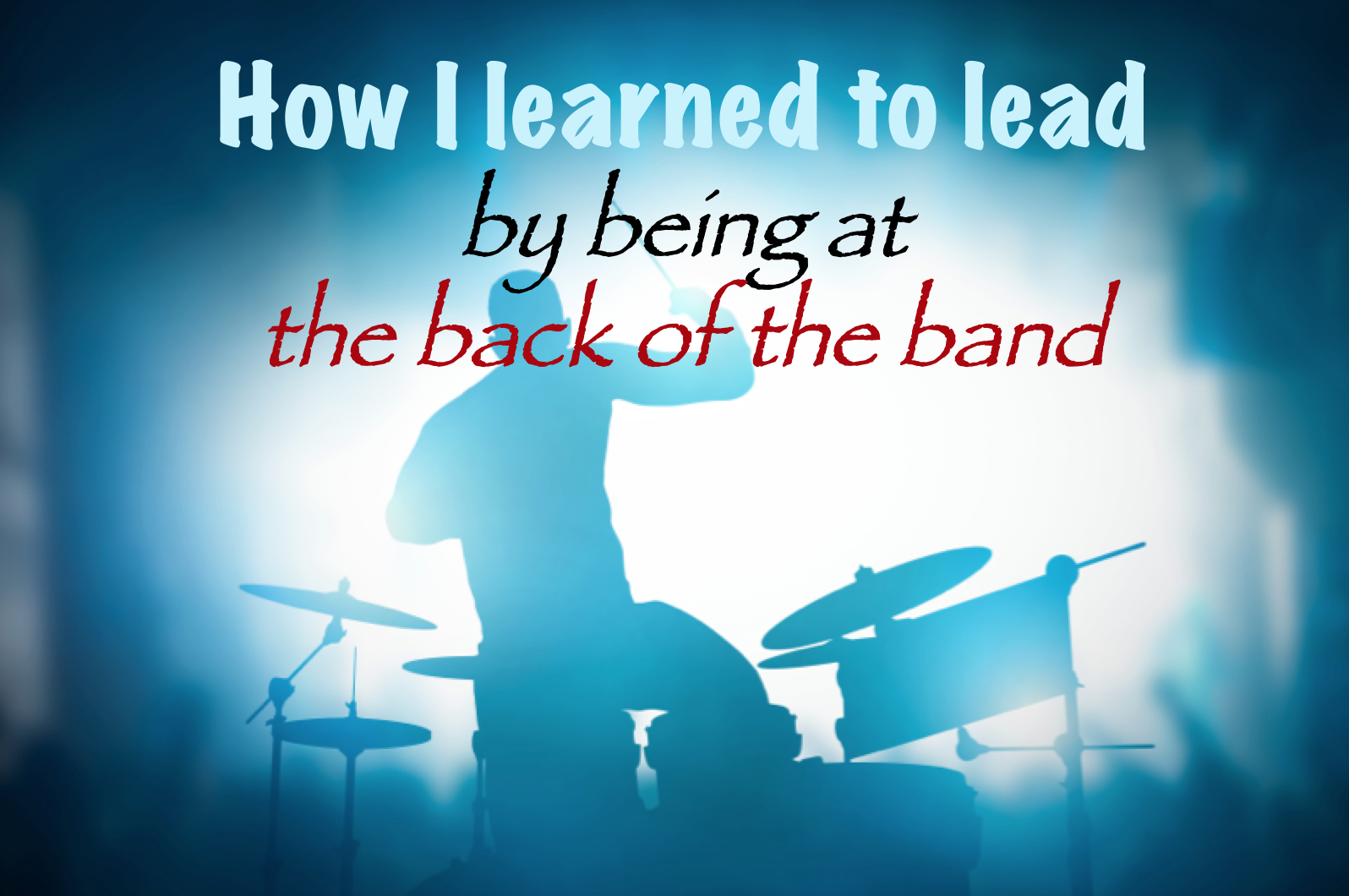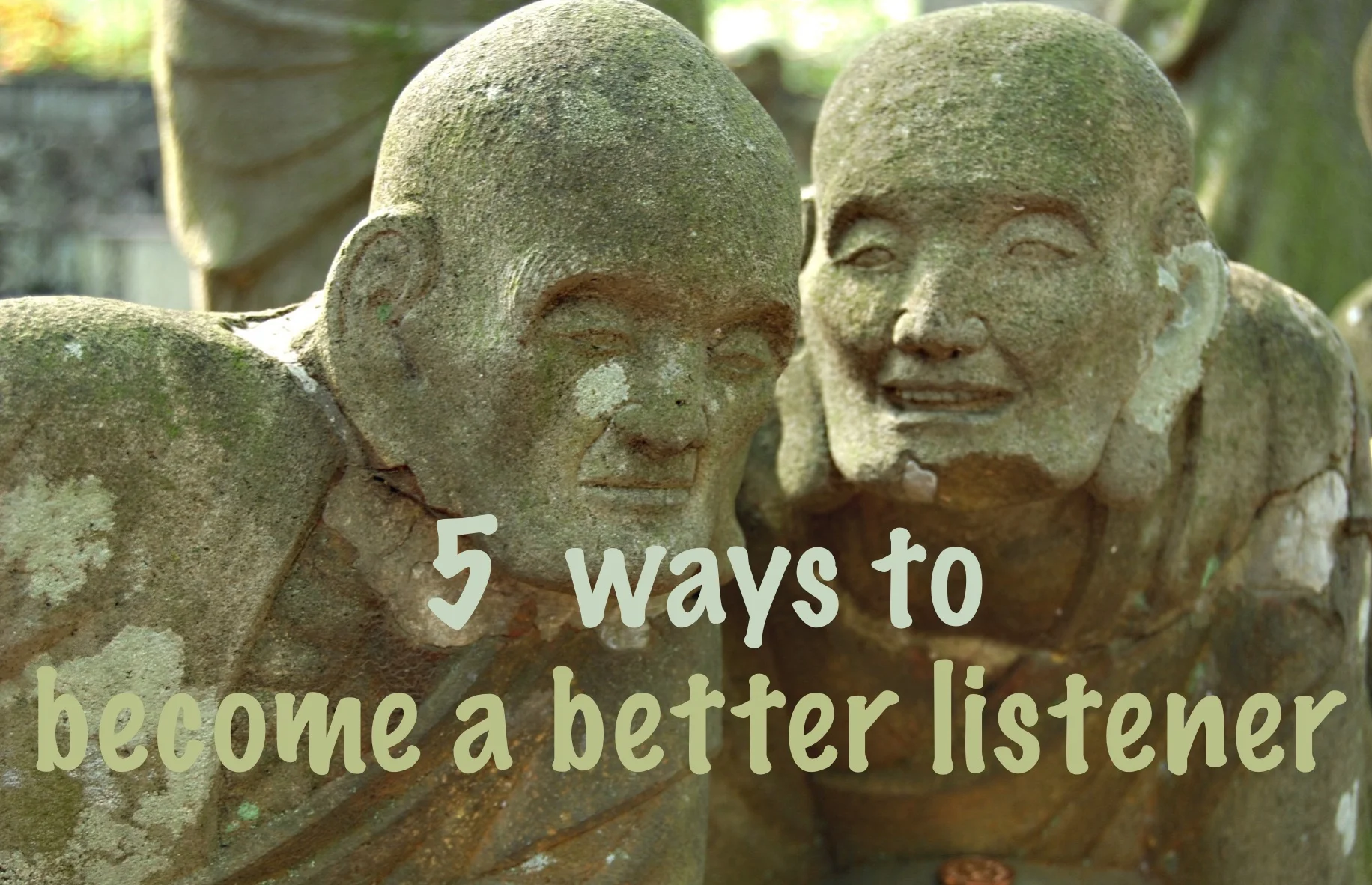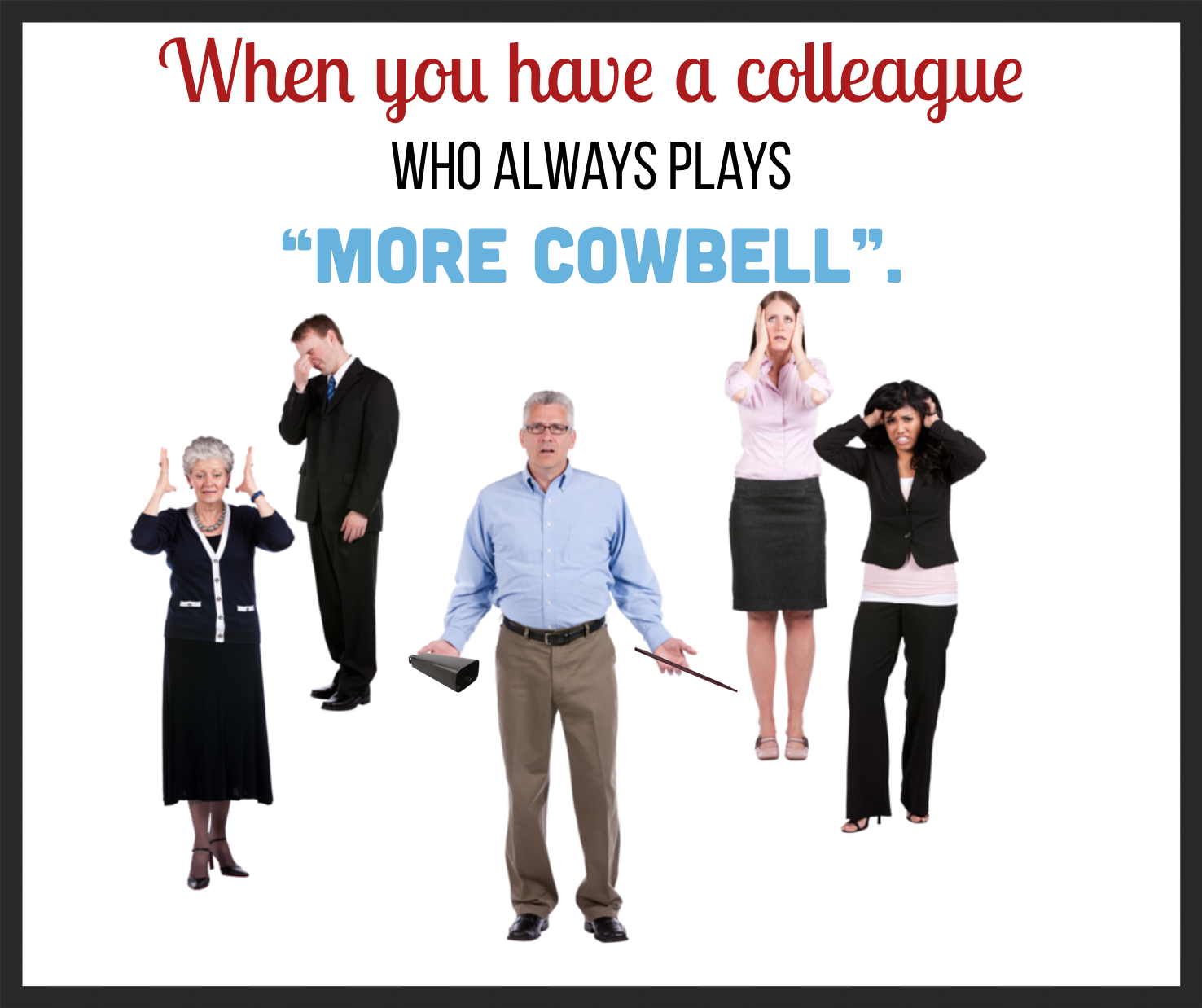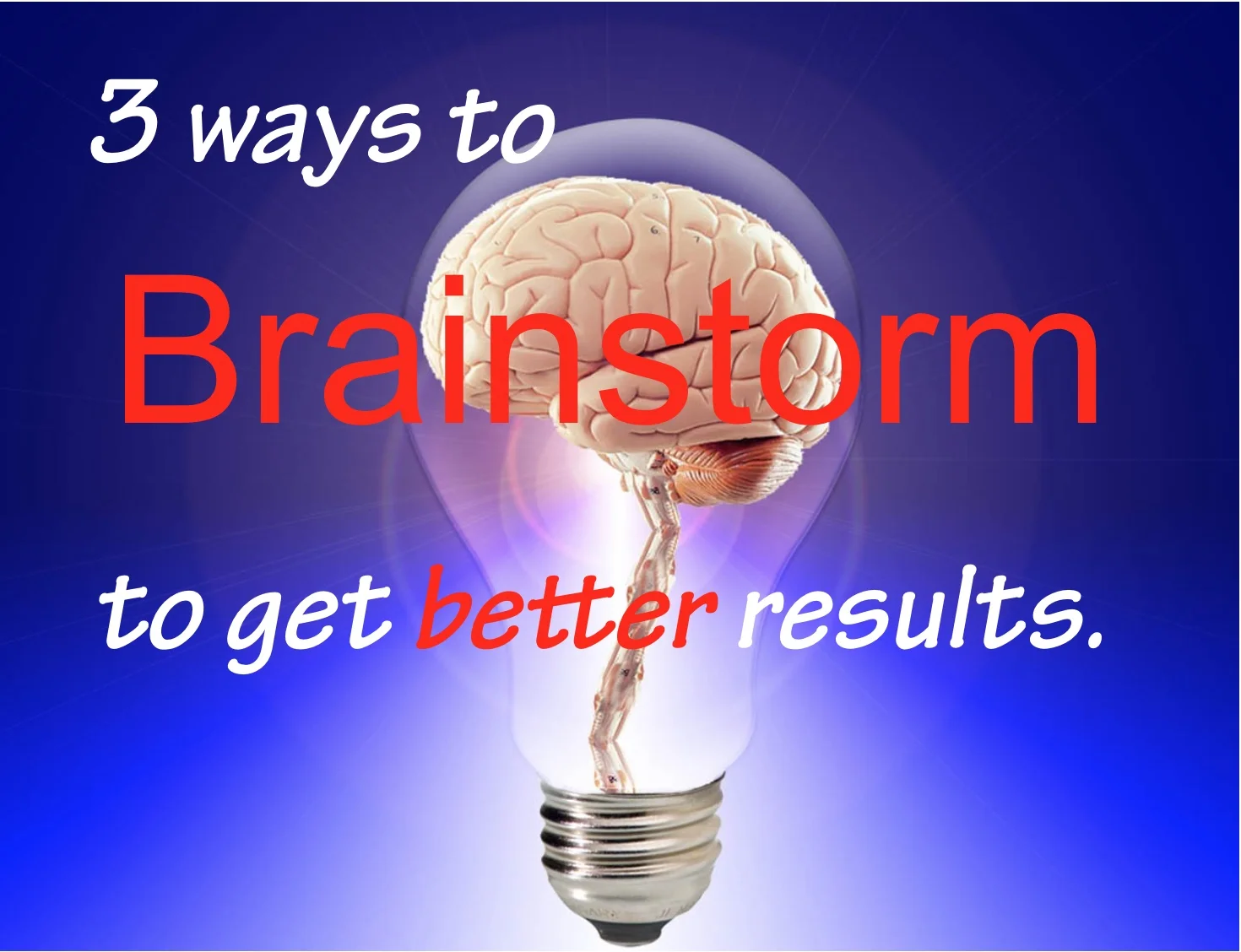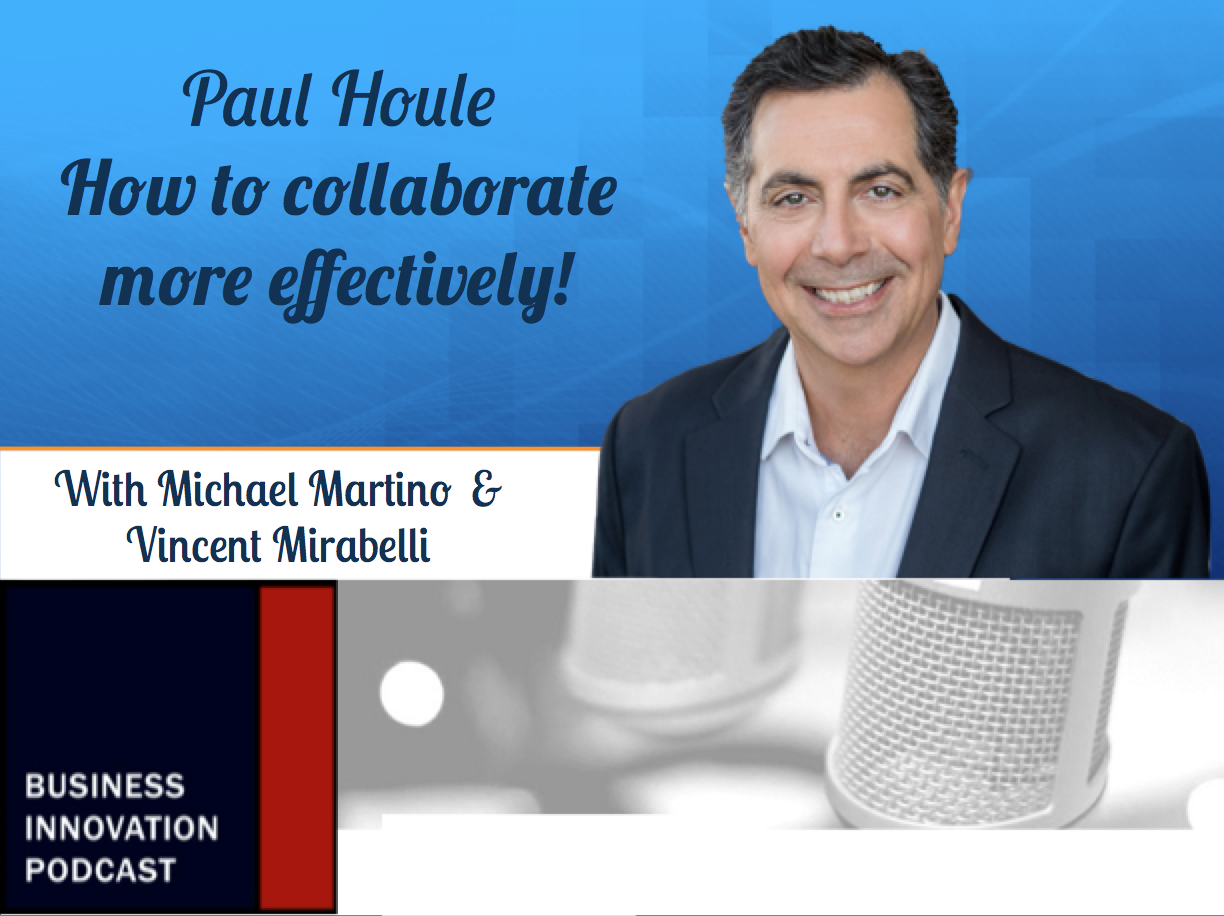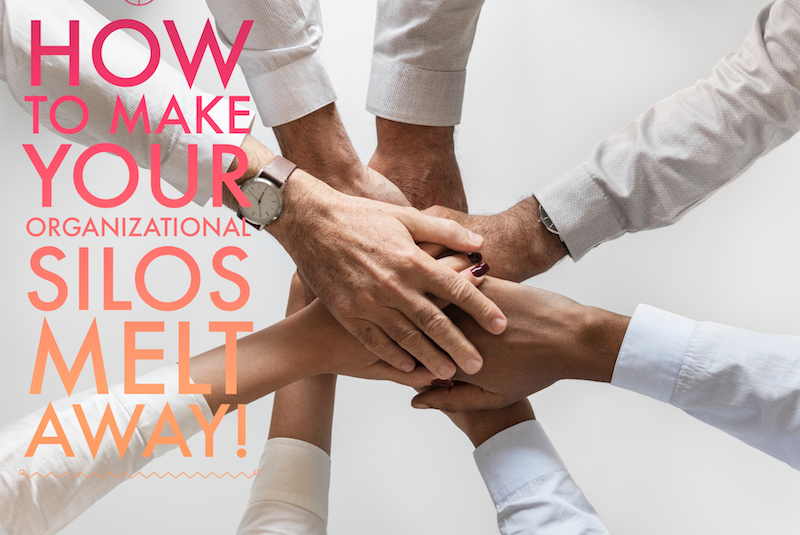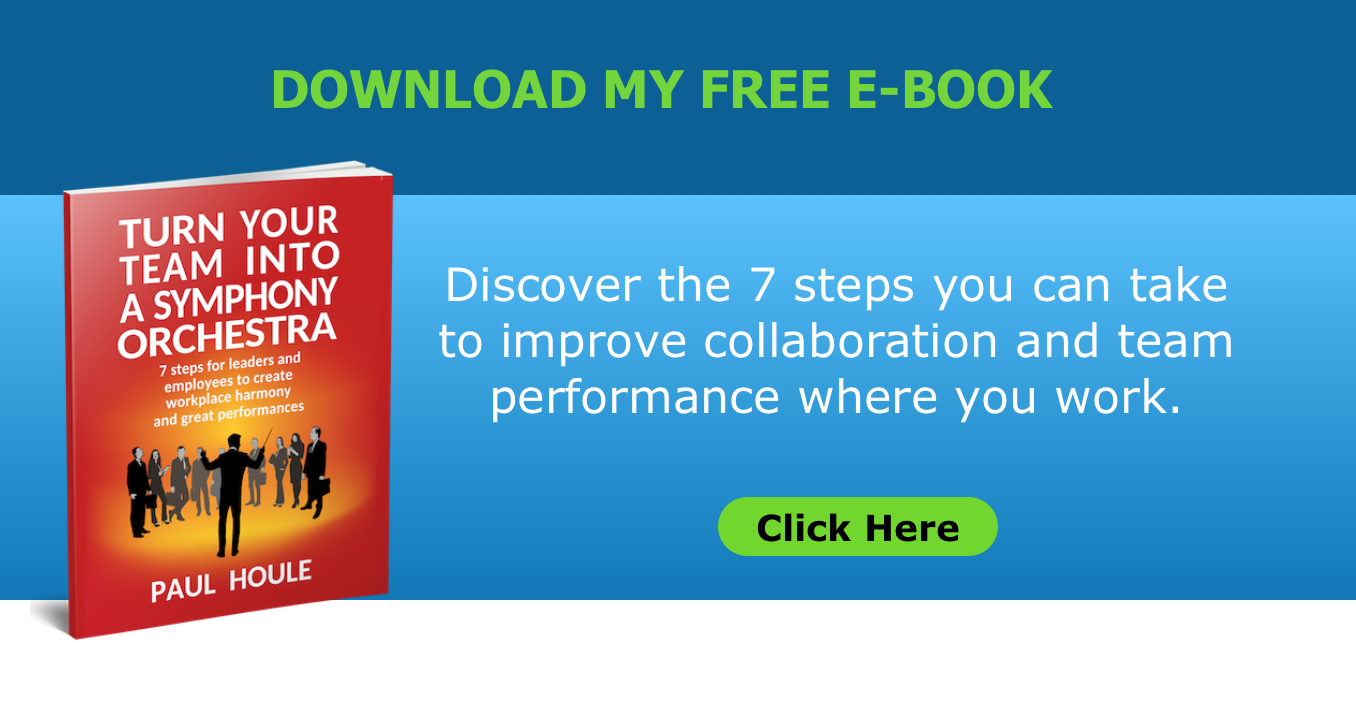Like many of you this time of year, I recently got back from a summer holiday.
One of the constants for our family while on holiday is eating in restaurants. And aside from enjoying a great meal, I find restaurants to be a great place to see engagement and collaboration in action all built around the biggy – customer service.
One night, a particular place stood out for me, not just because of the great food but because of the amazing service.
The star of the night (other than the food) was our waiter.
Supremely confident, knowledgeable, and obviously unflappable. I couldn’t help but notice how happy he was. He was laughing, smiling and carrying on, having great interactions with every table. I had to know how he got through these nights and more importantly I had to know his secret to be being so happy at work.
When I first started on my path to becoming a professional musician I didn’t realize that being able to listen well was going to be my survival skill.
I didn’t realize that it didn’t matter how many notes I could play on whichever instrument.
I didn’t realize that I could make or break a rehearsal or performance by how much I used my listening skills, thereby lengthening or shortening my career.
Fortunately for me, I learned to listen and listen well. And when I really think of it now, over the years, I have listened more than I have played, and that’s a good thing. I'll repeat that - I have listened more than I have played. Many thanks to my teachers and colleagues for telling me ( No, yelling at me) to "LISTEN!".
How about you? How many times have you thought about saying it to a colleague or employee: “I wish you would just listen more?”
This is a special blog post featuring my interview with on the Business Innovation Podcast hosted by Michael Martino and Vince Mirabelli. This episode is about how to collaborate more effectively. I wanted to share it with you because I think this topic is so important.
If you are not familiar with the Business Innovation Podcast they refer to it as a long form conversation with guests exploring innovative ways to improve and expand your business - with lots of laughs and entertainment along the way.
In this episode I share some stories and insights about
